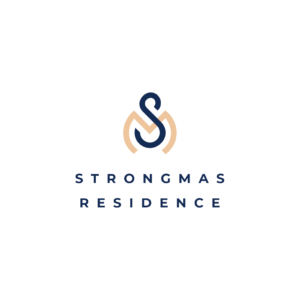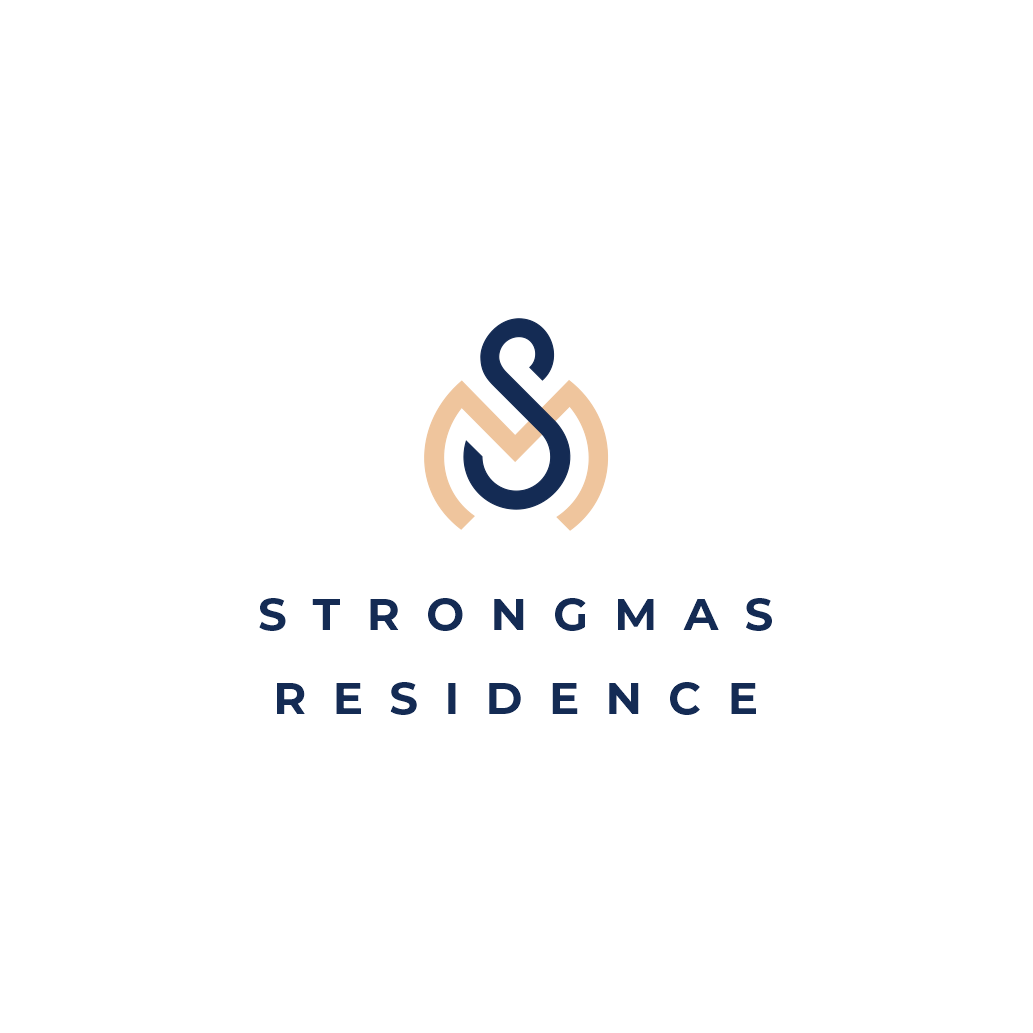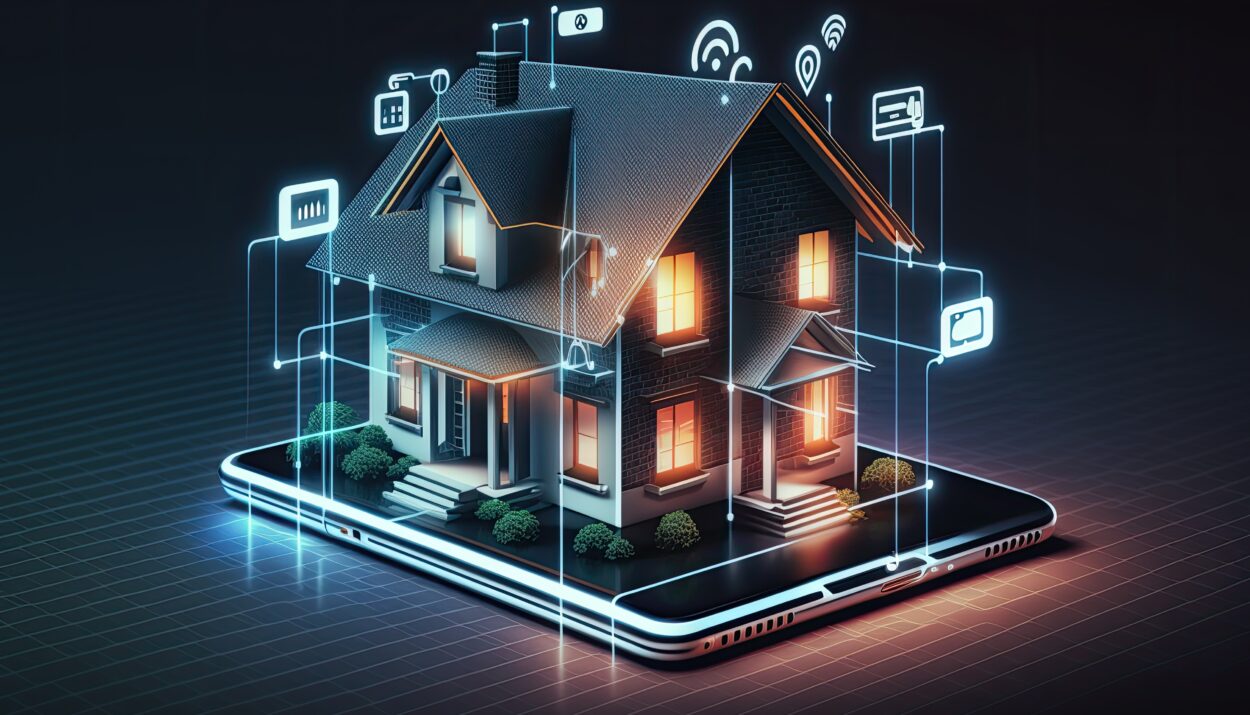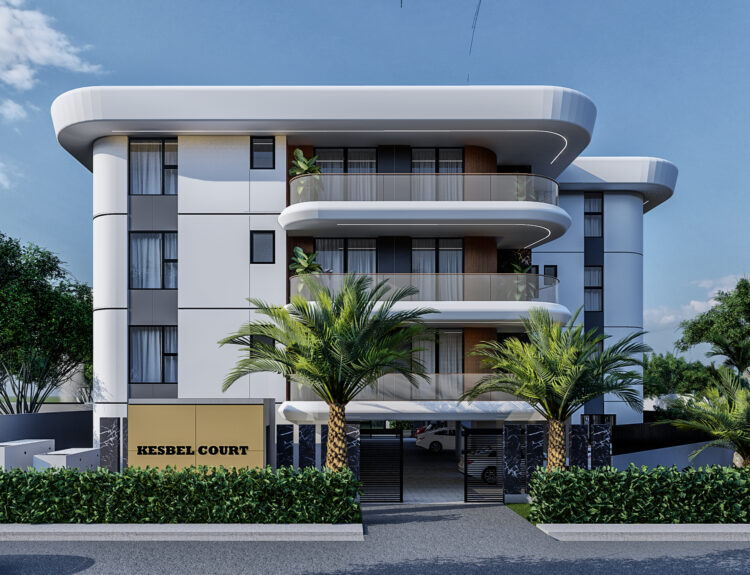Proptech seems like a fancy word but trust me it is not so fancy, proptech is two words fused together, property + technology and it is basically any technology-powered system, device, or product that enhances how people interact with buildings. It comprises a variety of creative solutions aimed at improving efficiency, transparency, and overall experience of purchasing, selling, and managing property.
Think about it this way, every single aspect of life is being touched by technology and now we have all the “techs”; fintech, biotech, medtech, and now, proptech.
Proptech gives you the opportunity to view a property listing while you are on vacation. I mean, how cool is that?
According to Baystreet Capital holdings, the Proptech market was worth $18.2 billion in 2022 and is predicted to increase to $86.5 billion by 2032. That is mind blowing!
The adoption and application of proptech as a new digital tool in the real estate sector have increased. Many real estate agents, clients, property owners, investors, and brokers understand the potential of technology to improve the user and customer experience and are putting it to use.
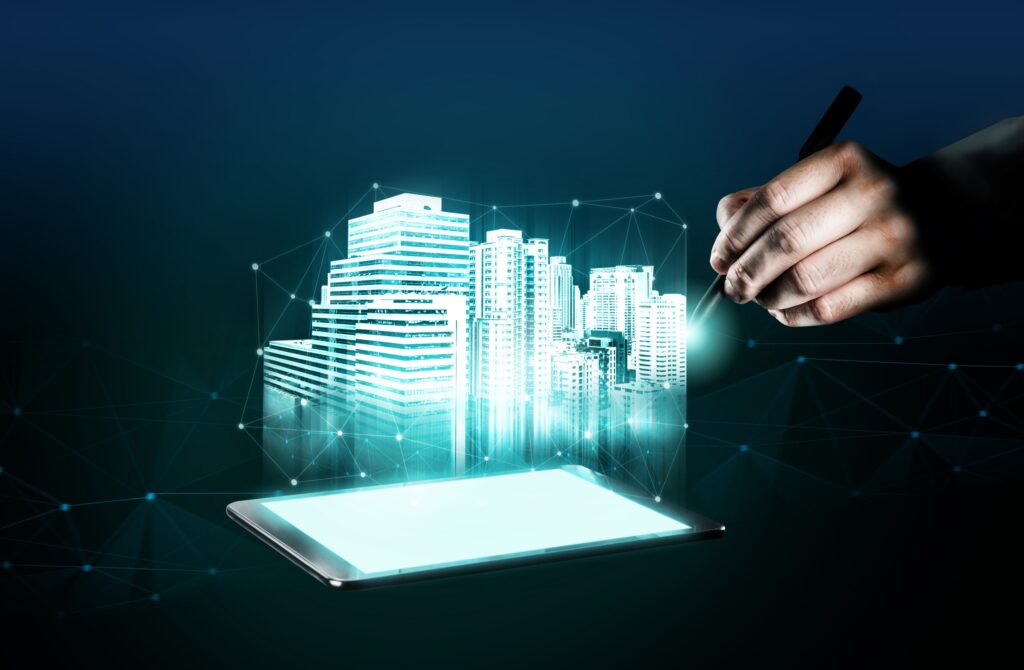
Proptech encompasses several aspects of the real estate industry, including property search and discovery, mortgage financing, facility management, and smart home or building technologies. Property technology ranges from online resources and mobile applications that make it simpler to search for and purchase real estate to cutting-edge building techniques and supplies that are being used to develop more sustainable and effective structures
Types of Proptech
There are various forms of property technology, so let’s get started!
- Online Marketplaces: These sites match customers and sellers. Physically searching for a house or a buyer can be tasking, and the burden isn’t always worth it. This form of PropTech has changed the way people buy and sell houses. Buyers can now look for properties from anywhere, examine listings, and even make offers online, thanks to these platforms but be careful and ensure you are dealing with the rightful owner or representative of the property before making any payments online.
- Virtual Tours: Virtual tours enable purchasers to examine houses remotely. Sellers can give purchasers a tour of a property using video conferencing software, without them having to set foot on the property. Potential buyers can visualize and envision a property as their home using virtual tours, even before it is built or renovated, and we all know how vital it is to be able to see a property before buying or renting it. In the past, this would include attending an open house or scheduling a viewing. But now, you can see your future home from the convenience of your own home.
- Augmented Technology: allows users to see digital information overlaid on the real world for example, it allows consumers to see how furniture and decor might look in a specific location. It can also show them how a house would appear following remodeling. Augmented Reality employs a real-world context,
- Blockchain: Blockchain is a sort of PropTech that is used to facilitate real estate transactions. It uses a decentralized, secure digital ledger. It facilitates the process of buying and selling properties. It reduces the need for intermediaries such as banks. Traditionally, to finish a real estate purchase, you should go to a bank, pick up a bank-certified check or send wire transfers. Tiring right?
These transactions can take place in a matter of seconds thanks to blockchain technology. Real estate prices vary depending on the blockchain platform.
For example, blockchain could be used to create a decentralized database of all property transactions. This would make it much easier to track ownership and transfer of properties. It would also make it more difficult for fraudsters to sell properties that they don’t own.
Another way that blockchain could impact real estate is through the use of smart contracts. These are contracts that are stored on the blockchain and can be executed automatically when certain conditions are met, saving time when drafting real estate contracts and leases.
Legal teams use automated documents, digital signatures, and analytics to save critical documents in the cloud. Using document automation software can save a significant amount of time and work.
- Property management software: PropTech of this type assists landlords, property managers, and property professionals. It means they will be able to manage properties more efficiently. Maintenance request tracking, rent payment systems, and tenant screening are among the features.
- Smart home technology/ Internet of Things. The Internet of Things (IoT) is a network of physical items linked to the internet and the use of these networked gadgets in a building is referred to as smart home technology. This includes thermostats and security systems that can be controlled and monitored remotely. This type of PropTech is growing in popularity. It provides homeowners with greater control over their living environment. It has the potential to save them money on utility bills.
- 3D printing for construction: This technology can be used to turn a digital file into a three-dimensional object. And it’s not only for small objects anymore; 3D printers can already print entire houses. This method could be used to quickly and cheaply construct homes. It might also be utilized to design bespoke homes tailored to the demands of the tenants. A 3D-printed home, for example, may be built to be more energy-efficient or accessible to persons with impairments.
- Drones for property inspections: Drones are being employed for a variety of applications in the real estate sector. This involves inspections of property. Roofs, buildings, and other structures can all be inspected. Drones can do this faster and more safely than previous techniques.
Drones are popular for aerial photography and videography of real estate.
This provides potential buyers or tenants with a far greater understanding of the land’s layout as well as any nearby features such as parks, schools, and transportation links.
It also means that sellers may present a property in its best light without relying on low-resolution images that may not do it justice. If you’re selling a home, using drone footage is a terrific way to make your listing stand out.
Benefits of Property Technology
With everything written above, it comes as no news that Proptech has a lot of advantages.
- Improved Communication: Most Proptech businesses today focus on creating messaging systems to improve communication between renters and landlords. Many of these systems provide access to claim reporting forms or paperwork. It enables property managers to write pertinent information about the property on a whiteboard. Owners can also respond directly to tenant requests. All of this results in speedier responses and fewer misunderstandings.
- Better Promotion: Many challenges that property managers confront are addressed by technology, such as promoting a property or finding tenants. The introduction of 3D virtual tours also assists real estate agents in marketing a future development or an existing home.
- Increased Occupancy: Proptech has enabled the digitization of your property’s administrative processes. There are currently numerous rental apps or websites that allow landlords and tenants to easily discover one another and reduce vacancies.
A digital access control solution can also assist you in quickly and easily designating individual rooms. This enables more efficient use of available space.
- More transparency: Transparency is especially improved by new technologies such as big data and blockchains. At the stroke of a button, many tools can assist people in tracking their property transactions. More transparency can be achieved since each person involved will have visibility into every transaction.
- Higher value and Increased Profit: All of this has the potential to improve the value of real estate, resulting in better rental returns. Structures with PropTech are likely to be linked with quality and regarded as more valuable than structures without PropTech.
Drawbacks of Property Technology
Everything that has a benefit also has a disadvantage, therefore it would be wrong to list solely the advantages without also listing the disadvantages.
- Security and Privacy Concerns: Proptech involves the management and storage of sensitive personal and financial information, therefore data breaches and cyber-attacks are always a possibility.
- High Cost: Proptech solutions can be costly to implement, and some small real estate enterprises may be unable to afford them.
- Resistance to Change: Some real estate professionals may be reluctant to adapt to new technologies and new ways of doing things.
- Dependence on Technology: Proptech solutions might be technologically dependent, and if the technology fails or the internet connection is affected, real estate transactions can be significantly disrupted.
- Lack of Regulation: The proptech business is still in its infancy and is unregulated in many areas. This can lead to misunderstanding and a lack of transparency in the application of these technologies.
Proptech is gaining more popularity as time goes on and it is here to stay.
Check out our smart homes.
Reach out to us via social media
